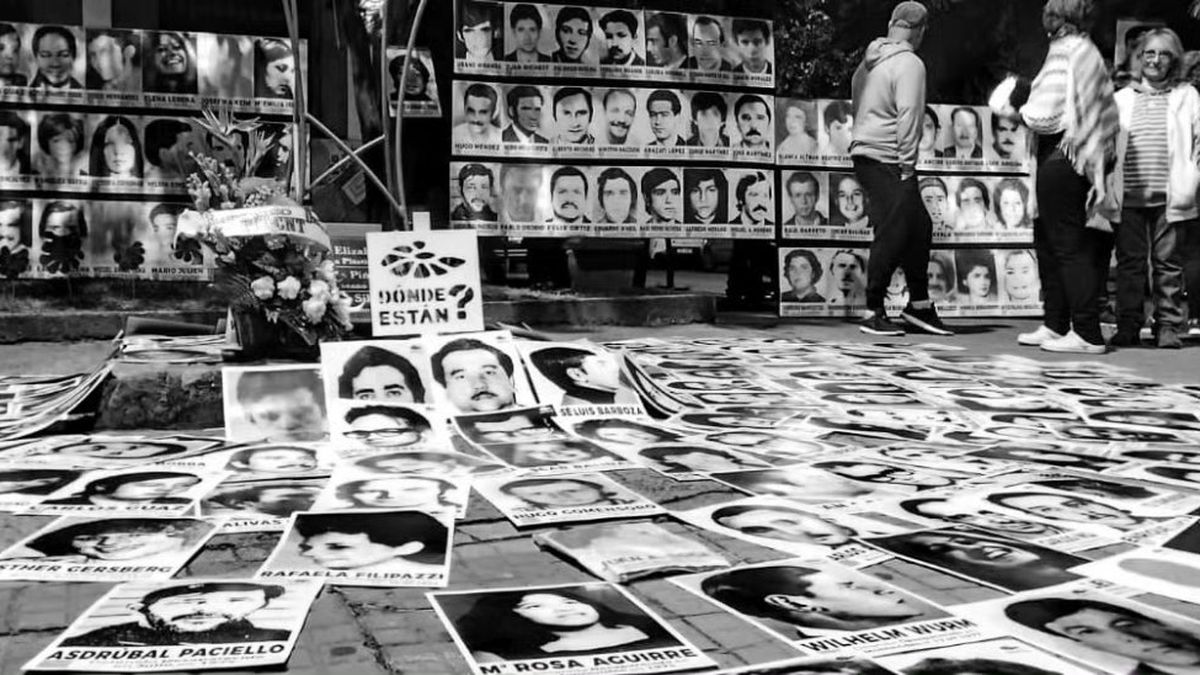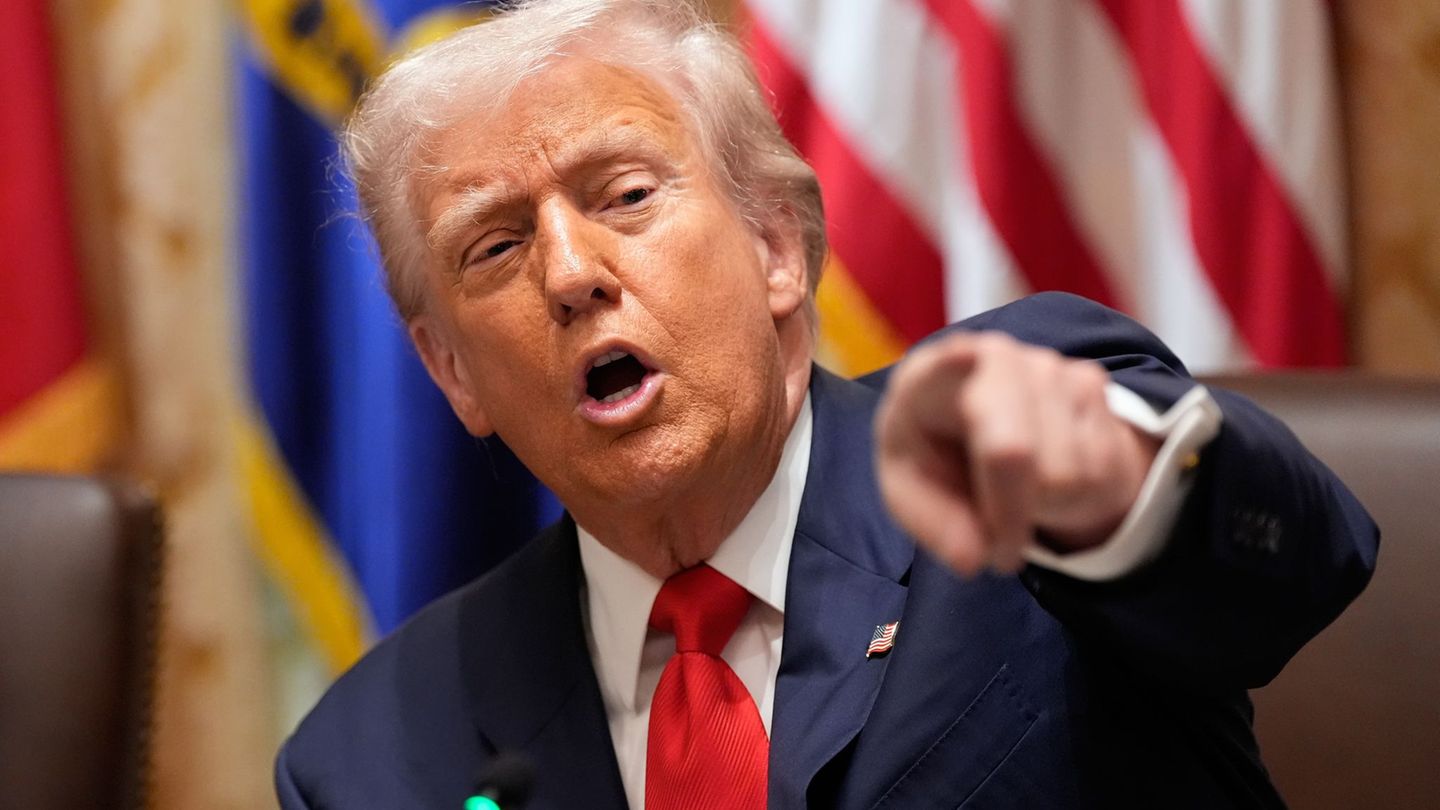The law of access to the archives of the last military dictatorship of the Uruguay, that continues to generate controversy within the political arena, will begin to be discussed in the Education and Human Rights Commissions of the Senate; For her part, the senator for the National Party (PN), Graciela Bianchi, defended the project and assured that there are sectors of the Broad Front (FA) that “do not want the whole truth to be known.”
In mid-May the project was announced by the government, which proposes to make public the archives of the dictatorship. A decision that generated resistance within the Broad Front since its president, Fernando Pereira, believed that it was important to take care of the victims of State terrorism, which provoked the response of the Minister of National Defense, javier garciawho established that they seek transparency and truth.
This project, which generated controversy within the political arena, will begin to be discussed in the Education and Human Rights Commissions of the Senate to, later, be discussed in plenary session.
The clarifications of the National Party
Pereira had said that one must be very careful with these files since they contain “personal information of those who were victims of State terrorism” and that you have to take care of them and not expose them.
Faced with this, after defending the project, Senator Bianchi assured that “it is a law where regulates custodythe powers of who will have access and how”. Bianchi questioned the fact that only two researchers from the University of the Republic have access to those files. “Obscurantism is over, let’s put everything on the table, let’s each take responsibility for what we did,” said the senator.
“Society has to live in peace, that history be investigated by historians, that keep the files because they are the documents on which the investigations are carried out, and of course, the Executive Power and all the competent authorities continue in the search for the remains of the disappeared”, he clarified. On the other hand, he questioned the intentions of the Broad Front and said that some sectors of the opposition disagree because “they are involved.”
What does the project consist of?
In mid-May, the Defense Minister confirmed that the Lacalle Pou government sent a bill to Parliament so that the documents relating to human rights violations committed during the dictatorship are freely accessible.
The Ministries of National Defense and Education and culture they presented before the Parliament the legislative initiative so that the “documents relative to the recent past and to the violations of the human rights” are of free access for any interested party.
The project consists of four articles and creates a section in the General Archive of the Nationwhich depends on Ministry of Education and Culture (MEC). “It seeks to facilitate access to the files that are in the possession of the State in a broad and unrestricted manner, such as the so-called Berrutti Archives,” says the argument that accompanies the proposal.
The Berrutti Archive is made up of some 1,500 rolls of microfilm, each with thousands of pages and different documents, including arrest records, search reports and arrest warrants, from 1968 to 2000. The papers were found in 2006 in a military unit, where a dictatorship detention and torture center operated.
Source: Ambito




